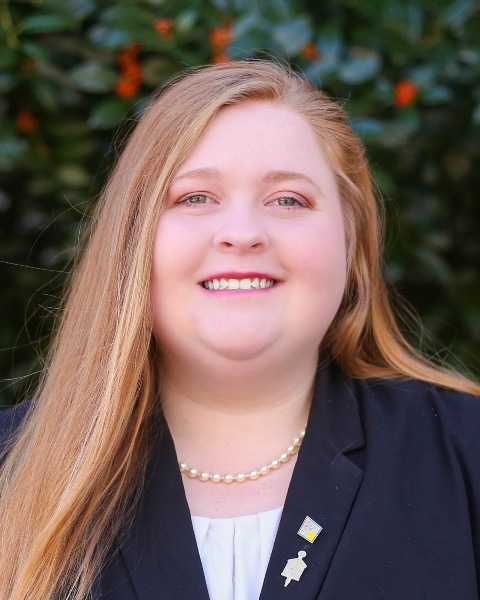Student 10-Minute Paper
Plant-Insect Ecosystems
Student Competition
Student
Grad Competition P-IE: Climate Change Impacts
Abundance of bee groups is affected by landscape factors in residential landscapes
Monday, November 6, 2023
10:54 AM - 11:06 AM ET
Location: Gaylord National Resort & Convention Center, Maryland 3-4

Zia Valerie Williamson (she/her/hers)
PhD Student
University of Georgia
Lincolnton, Georgia
Shimat V. Joseph
Associate Professor
University of Georgia
Griffin, Georgia
Presenting Author(s)
Co-Author(s)
As cities continue to expand, residential areas are becoming more abundant, it could influence bees and other pollinators. As more land is utilized for housing development, understanding how anthropogenically affected factors, such as degree of landscape management, floral availability, and other landscape-based characteristics impact bees is increasingly important. Despite this, few studies focusing on bees in Georgia’s residential landscapes have been conducted. Thus, the objective of this study was to determine the role of anthropogenic factors on the abundance of bees in Georgia residential areas. In 2022 and 2023, a study exploring the abundance of bee groups was conducted, where blue vane traps were deployed from March 2022 to October 2023 in ~65 residential sites. Factors such as land use classification within sites, flowering plant species, age of the residence, and density of surrounding residences were explored. In 2022, a negative relationship was observed between overall bee abundance and age of residences, the proportion of developed areas, and flowering plant species. The implications of the results will be discussed for bee conservation efforts and urban policy-making and planning of newer residential developments.

.png)

